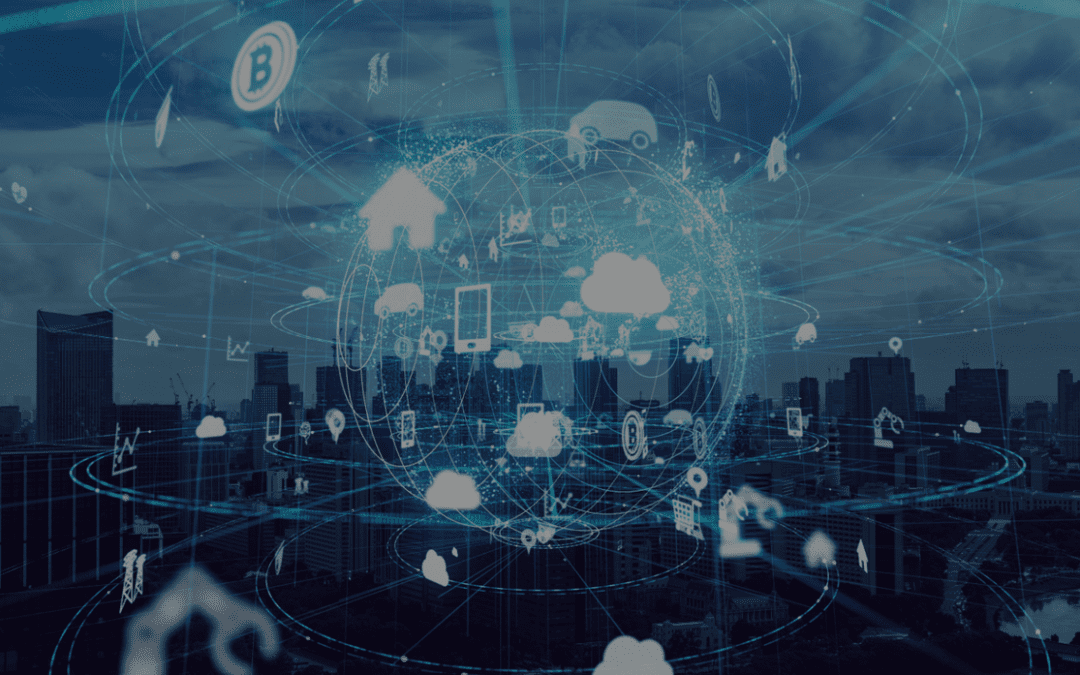The integrated network of 5G and IoT has the potential to transform business fortunes if these new technologies are utilized in a highly efficient manner. Every day, the number of devices connected to the Internet of Things (IoT) rises. To meet the demand, higher accuracy, and faster network technology are essential. And 5G technology, which is an enhanced cellular networking technology, can meet that need. 5G offers wired fiber optic networks a viable high-speed data network. According to Statista 30.9 billion devices are connected to IoT and 10.9 billion non-active IoT devices. According to Statista 5G was five times faster in all markets. 5G is expected to enhance machine-based, IoT-centric functionalities such as self-driving cars and smart factories through these abilities. The economic impact of 5G is estimated to reach 227 billion US dollars in the manufacturing sector alone by 2030, potentially rising to half 5G. Mid-band 5G is expected to account for 0.35 to 0.51 percent of total GDP in the same year, depending on the area.
What is IoT and 5G technology:
5G
- The fifth generation of cellular networks, 5G, is predicted to be one of the fastest developed wireless technologies.
- It is intended to provide more users with better multi-Gbps maximum data speeds, super low latency, increased reliability, huge network capacity, wider availability, and a more consistent user experience.
- Security controls such as International Mobile Subscriber Identity (IMSI) encryption and the Security Edge Protection Proxy (SEPP) function are included with 5G.
- These features provide new tools for a cybersecurity team to use in order to reduce risk and build a more secure network.
IoT
- The Internet of Things (IoT) refers to a network of physical objects—”things”—embedded with sensors, software, and other technologies to connect and exchange data with other devices and systems via the internet.
- IoT devices are critical for gathering, collecting, and analysing data from a wide range of sources.
- Consider the application of IoT devices in the healthcare sector. Today, IoT devices record a wide range of customer data at hospitals, health centres, infirmaries, and other facilities.
The impact of 5G technology on IoT:
5G will be a faster communication channel, with speeds reaching a few gigabits per second. As a result, your devices can coordinate and complete tasks more quickly. Additionally, it will provide an ultra-low latency network; early 5G deployments showed a latency of 30 milliseconds, according to Verizon. This will make it easier to use IoT devices for delicate tasks like surgery. Finally, because 5G has a wide capacity, it can support more devices without compromising quality.
Furthermore, 5G technology offers optimal safety and security, which, when combined with next-generation IoT devices, can enable significant leaps forward in autonomous driving, drone operations, virtual reality, digital finance, and a variety of AI applications in various sectors. 5G networks will ultimately benefit organizations in the healthcare, education, transportation, supply chain, and manufacturing sectors. The utilization of the generation of wireless IoT devices in the healthcare sector is already increasing at an exponential rate.
The convergence of 5G and IoT in the education industry will result in more interactive virtual learning and immersive experience for students. Transportation and logistics will profit from the convergence of these new technologies as well, through the use of real-time tracking, electronic data interchange, and automatic stock replenishment. The manufacturing industry may employ the concept of remote access, repair, and maintenance via high-speed internet in IoT devices, which will be genuinely transformative for the business.
Need for holistic 5G and IoT ecosystem:
- To fully achieve the potential of 5G and IoT devices, we must create an integrated ecosystem of 5G networks and IoT devices that will be transformative for the industry.
- Only with the seamless integration of both of these technologies will industries be able to make huge leaps across the value chain.
- This in turn, will become instrumental in deriving synergies for businesses across their value chain.
Conclusion:
5G services are critical to carriers in all business sectors. Nevertheless, with rising consumer wants and expectations, delivering the 5G experience to customers can be difficult without the right 5G services. We’ve only just begun to reap the benefits of 5G technology, with early buildouts and application cases being sent. The extraordinary speed, more prominent connectivity, and practically limitless network of 5G will enable purchasers to enjoy a more brilliant, more connected world with, among other things, greater mobility, better infrastructure, and increased entertainment. If around all the devices of IoT will connect to 5G the organisation’s work will become smoother and efficiency will be high. If you are looking for any software solutions, please feel free to get in touch with us now.
